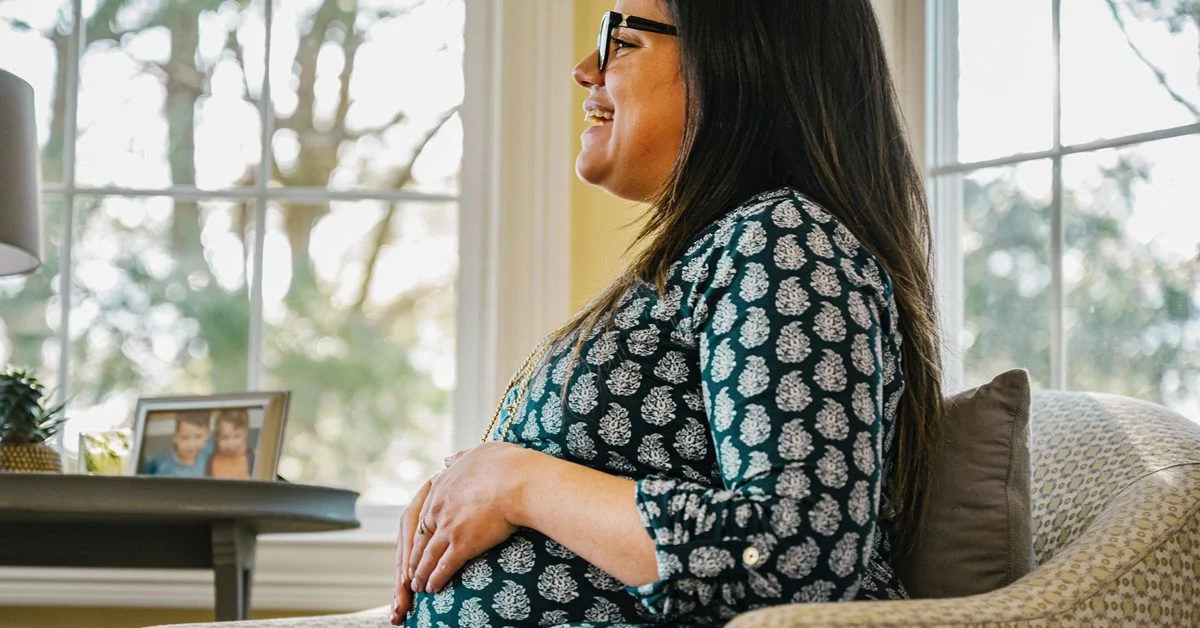When I stumbled upon a timeworn index card for something called Compromise Cake, I couldn’t help but wonder if my mom ever whipped it up in the kitchen. Did she ever get to enjoy a slice? The mom I knew was anything but flexible. By the time I came along as the fourth child, her baking repertoire had shrunk significantly. Following my parents’ split, she seemed to abandon any attempts at maintaining friendships, letting go of bonds she once cherished with neighbors, friends from childhood, and even her own kids.
Or perhaps it was those old companions who turned their backs on her, too preoccupied with labeling her as a mentally ill, divorced woman—much like how people avoid discussing cancer, fearing it might somehow “infect” them. I often think that her bitterness and sorrow over her situation didn’t help her case; it only made her seem more difficult to approach. The only “official” diagnosis I ever caught wind of was “burned out schizophrenic,” overheard by my sister from some medical professional. No one ever explained anything to us directly; one day she was just labeled as crazy, and that was that.
My friends at school thought she was simply going through a rough patch. By the time I hit junior high, she transformed into the kind of mom who took in kids seeking refuge from stricter parents. While she didn’t condone underage drinking in her home, she seemed more accepting when it came to us experimenting with other substances. She always cheered on my artistic endeavors, never batting an eye when I drew on the TV screen with crayons during late-night hangouts.
I was too naive to know if my mom or the world pushed each other away first. Eventually, the social butterfly from her youth turned into a volatile, disengaged woman, and she became rigid about most things, including her cakes.
Some folks argue that compromise is the essence of life and a cornerstone of society, while others refuse to even entertain the concept. Most often, she made Devil’s Food cake with chocolate buttercream frosting. It would sit on the sideboard, growing stale over time. My teenage sister, focused on her figure, avoided it, while my brother wouldn’t touch anything homemade by our “crazy” mom, preferring store-bought treats. I spent the most time with her, trying to grasp her unhappiness, all the while tempted by that cake. I resisted, though, since my siblings had their fun with nicknames like Chubbo and Thunder Thighs. A few old photos show I was only slightly above the ideal weight, hardly warranting such teasing.
Finding that recipe card made me ponder how the term “compromise” was once so innocent in mid-twentieth century America but has since turned into a contentious concept in today’s divided world. Some see it as a fundamental principle of life, while others shun the word entirely.
Our current president has been working tirelessly to bridge divides with political rivals. I even sent him a letter with the Compromise Cake recipe, suggesting he offer it at a meeting aimed at healing the nation’s growing partisan rift, where one side refused to utter the “C” word. I cheekily advised him to wait until they had a slice before revealing its name. Surprise! I never received a response, and the committee fell short of their objectives. Go figure.
The recipe was penned by someone named Margaret Levey. I have no clue if she was part of my mom’s social circle back in Burlingame or if she was a neighbor from our hometown of Meadowlark. If she was like most women of her time, I bet she meant well when she combined the word “compromise” with “cake.”
In conclusion, the narrative of my relationship with my mom is one of navigating complexities, from her struggles to my attempts at understanding. Just like the intriguing journey of home insemination, which you can read more about here, every story is unique and filled with layers. For more information on the topic, check out this excellent resource at IVFBabble.
